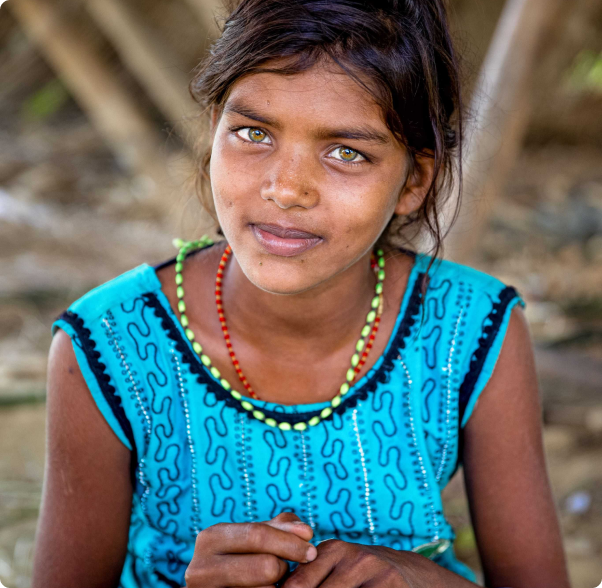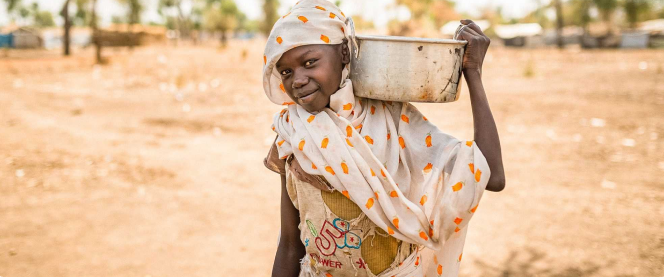Summary
Each year monsoon rains cause waist-high flooding over one-third of Bangladesh. These storm surges bring murderous winds and squalls that prohibit the building of a strong permanent infrastructure. But they also replenish the silt that fuels the subsistence farms on which the majority of Bangladeshis rely. Rising sea levels have the potential to displace almost 20 million in Bangladesh by 2050. This constant struggle with nature has caused most to live on less than one dollar a day. Because of this, many children work, and girls are married at young ages. Lack of opportunity has forced many to migrate to cities where they work predominantly in garment factories with few safety regulations that are seldom enforced. Bangladesh is in the top ten most populous countries, with a population density in the top twenty. These realities only compound the nation’s issues.
With the help of international development assistance, Bangladesh has shrunk its poverty rate, improved health and education, and reached the World Bank’s lower middle income status. However, pollution, poor safety standards, waterborne diseases, lack of infrastructure, and low literacy rates persist. Their exports (mostly garments) have surpassed $25 billion, which has greatly helped their economy. Bangladesh is a democratic republic, but ranks 120 out of 183 on the corruption perceptions index. Conflict between the two rival political parties often causes long periods of instability and turnover.
Bangladesh declared Islam its state religion in 1988. Today 89% of the population is Muslim. The religious freedom guaranteed by the Constitution is beginning to erode. Political parties are split along religious lines and often give in to Islamic and tribal pressure to imprison and confiscate the property of those who do not conform to local religious or ethnic practices. The Christian population (1%) experiences bouts of persecution and oppression, and missionaries are prohibited from traveling freely. However, with so many environmental, social justice, and humanitarian needs, many Bangladeshi churches have practically shown the love of Christ through relief work. God has used their efforts to grow His Church, especially among low caste Hindus and formerly unreached people groups.




